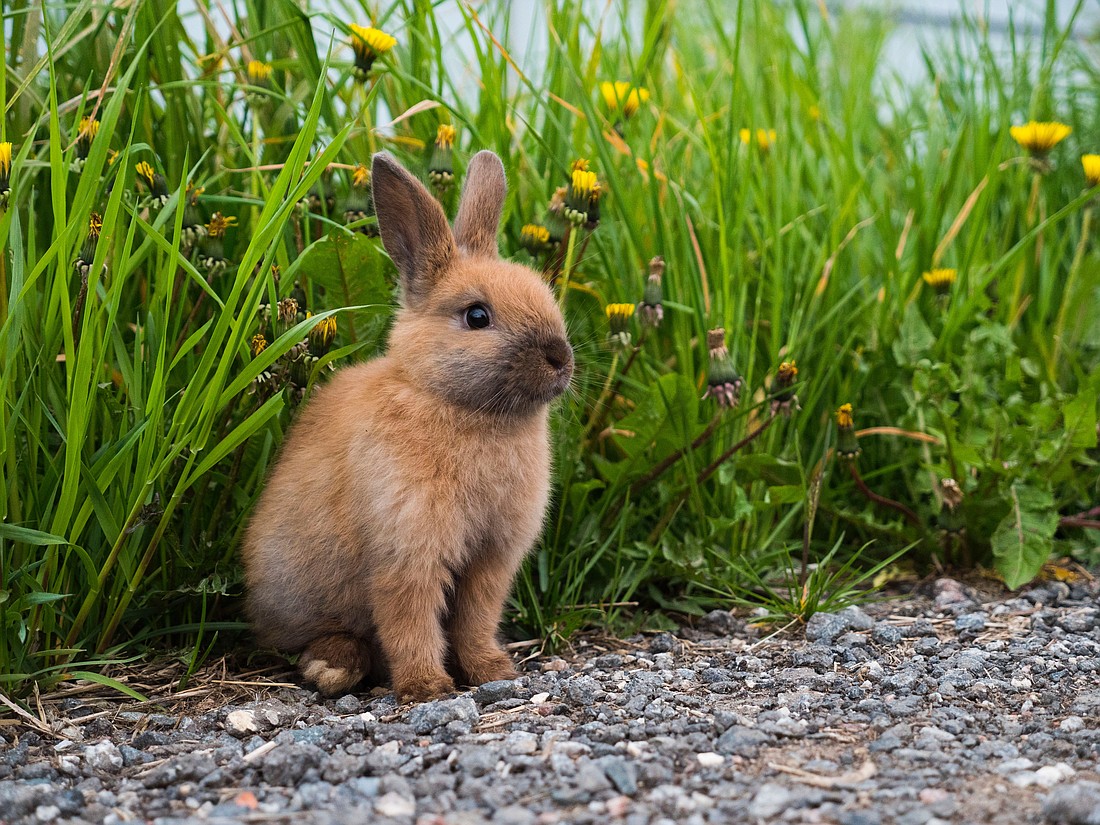- April 30, 2024
-
-
Loading

Loading

After raccoons, coyotes and peacocks had their time as the primary animal of concern on Longboat Key, rabbits have moved into the spotlight.
Town Manager Howard Tipton was looped into the supposed increase in rabbit population with an email from a concerned resident asking for the town to seek action on the matter before it worsens.
“There is a rabbit infestation on (Longboat Key) that has occurred since the coyotes left,” chairman of the Fairway Bay Community Council Gabe Roscia said in an email to Tipton. “They are eating the lawns and many low plants at our condominiums and homes, causing very unsightly landscaping and costing associations a great deal of money to restore and replace what they damage, only to have it eaten again in a few days.”
Roscia further pleaded his case, citing the high costs of pest control companies using deterrents that he believes don’t get the job done.
“An island-wide solution is needed and only the town can implement that,” he said in the email. “I would ask the town to investigate a solution. I am sure the condo associations and homeowners would be willing to contribute to the cost since we will be spending the money one way or another and would rather spend it on something that works.”
Tipton’s response recounted how during work in other parts of the state, the way that jurisdictions would be able to tell there was an increase in rabbit populations was by the number they had to pick up as roadkill. From his personal account, he has not seen the same concentration that Roscia was referencing in his correspondence.
“To be honest, I’m not sure how the logistics of something like that might work island wide nor do I see it as a priority for our scarce resources at the moment,” Tipton said in an email.
He assured Roscia that he would pursue conversations with town staff about how they might approach the issue, but directed Roscia to reach out to the University of Florida Institute of Food and Agriculture Sciences about steps that can be taken as an individual including utilizing certain plants that may deter the rabbits.
Mayor Ken Schneier shared his personal experience, which backed up some of what Roscia was saying about the population increase.
“From our perspective in Sabal Cove, the rabbit problem in Bay Isles began about two years ago and has gone from no rabbits to many since then,” he said in an email. “They do substantial damage to flowers and grass, and repellants have a limited impact. I don’t know what the solution is (since) they present no danger unlike coyotes and raccoons, but it may be time for the town to look into the issue before it spreads even further.”
While there is uncertainty on how or if the town can or should use its resources to combat a rise in rabbit population, Tipton says for now the town will focus on educating its residents on how to protect their gardens and landscaping.
“What we’re trying to do is provide some education to our residents,” he said in an interview. “There’s a lot of natural ways to make it less desirable for the rabbits. You can put different natural products out. A rabbit’s (sense of) smell is extraordinary, so you can look into things to put out that are discomforting to them, but aren’t harmful to the environment.”